
California’s Tom Waits is effectively the patron saint of this website. My Waits album ranking was the first post from this site to become popular, and it’s still one of its most-visited posts. With recently accounted reissues of Waits’ peak albums, it feels like a good time to make a companion piece on his best albums.
Waits’ career can be neatly pigeonholed into two eras – for his first decade, he was an alcohol-soaked singer-songwriter on Asylum Records. He reinvented himself with 1983’s Swordfishtrombones, becoming more abrasive and sonically adventurous. His voice has become more distinctive over the years, rougher and more lugubrious.
A selection of ten songs is skimpy for Waits’ vast catalogue – it would make sense to come back and make more boutique lists from his catalogue, like the best songs from his early career on the Asylum label, or his best songs from the 21st century. Waits named his 2006 anthology of rare and new songs Orphans: Brawlers, Bawlers & Bastards – this post concentrates on his “bawlers”, his mellow ballads, often featuring Waits behind the piano.
10 Best Tom Waits Songs
#10 Never Let Go
from Orphans: Brawlers, Bawlers & Bastards, 2006
‘Never Let Go’ is the first of several Waits piano ballads on this list – his rough-hewn voice allows him to deliver sentiments that might feel mawkish from a prettier tone. ‘Never Let Go’ originally appeared on the soundtrack of the 1992 film American Heart.

#9 Rain Dogs
from Rain Dogs, 1985
The title track opens the second side of Waits’ 1985 magnum opus Rain Dogs. It’s notable for Waits’ ability to get a large sound out of a small band. Marc Ribot is invaluable, filling out the arrangement with his adventurous guitar lines. Ribot later described Waits’ unusual way of working – he’d issue instructions like ‘play it like a midget’s bar mitzvah.’
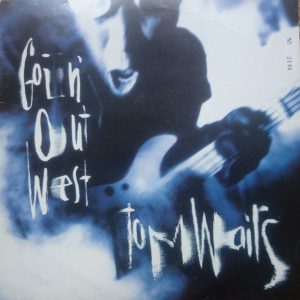
#8 Goin’ Out West
from Bone Machine, 1992
Waits is behind the drumkit for this abrasive rocker, featured on the soundtrack of the cult movie Fight Club.
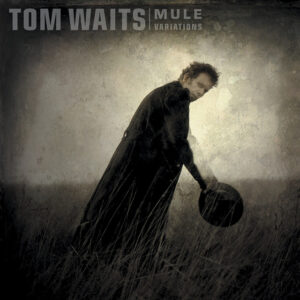
#7 Come On Up To The House
from Mule Variations, 1998
Mule Variations is one of Waits’ best records, a joyful romp through his favoured styles. It concludes with the gospel of ‘Come On Up To The House’. Waits promises a better world in the life to come – “The world is not my home, I’m just a-passing through.” It’s hard to read it as a conventionally Christian view of heaven when Waits also sings “come down from your cross/we could use the wood”.
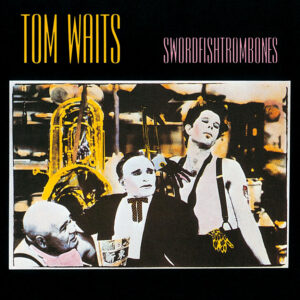
#6 Johnsburg, Illinois
from Swordfishtrombones, 1983
Swordfishtrombones reinvented Waits as a more daring artist, influenced by the work of avant-garde artists like Captain Beefheart. There’s little trace of this new approach on ‘Johnsburg, Illinois’ – it’s a sweet tribute to his new wife, Kathleen Brennan, who helped shape his new direction. It’s sweet and brief – barely ninety seconds, it leaves the listener wanting more.

#5 Time
from Rain Dogs, 1985
Waits accompanies himself on acoustic guitar on ‘Time’, only backed by accordion and bass. It’s one of his tenderest songs – like a plea to slow down and smell the roses. The opening lines could have come from an early Springsteen song – “Well, the smart money’s on Harlow and the moon is in the street/And the shadow boys are breaking all the laws.” The next lines situate the song in east Saint Louis.
East St. Louis is generally a rough place with a lot of crime. Tom Waits Fan suggests that East St. Louis may be “a Waitsian metaphor for being in the worst part possible of any town.”
Waits has said he has no particular reason for using St. Louis. He told Jonathan Valania of The Magnet in 1999, “No, never lived there. It’s a good name to stick in a song. Every song needs to be anatomically correct: You need weather, you need the name of the town, something to eat – every song needs certain ingredients to be balanced. You’re writing a song and you need a town, and you look out the window and you see ‘St. Louis Cardinals’ on some kid’s T-shirt. And you say, ‘Oh, we’ll use that.'”
https://www.songfacts.com/facts/tom-waits/time
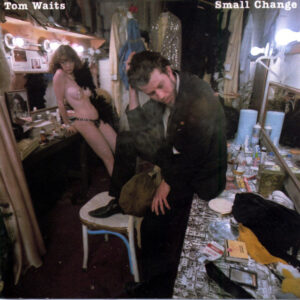
#4 Tom Traubert’s Blues (Four Sheets to the Wind in Copenhagen)
from Small Change, 1976
By the second half of the 1970s, it seemed as though Waits was in danger of becoming one of the inebriated barflies that he loved to portray. It’s always difficult to get a straight story out of Waits, who’s a born raconteur, but he claims “I met this girl named Matilda. And uh, I had a little too much to drink that night. This is about throwing up in a foreign country.” ‘Tom Traubert’s Blues’ was later covered by Rod Stewart, who also turned Waits’ ‘Downtown Train’ into a hit in 1989.
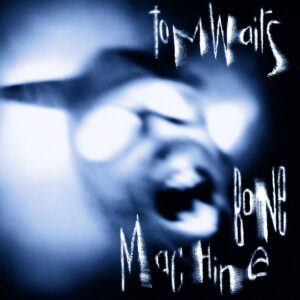
#3 Whistle Down The Wind
from Bone Machine, 1992
Bone Machine is one of Waits’ more abrasive albums – he often drums on it, and it’s often driven by bluesy guitar. But ‘Whistle Down the Wind’ is a pretty piano ballad – Waits’ main musical foil is Los Lobos’ David Hidalgo on violin. It was recorded in Prairie Sun Recording Studios, California, in what’s known as “the Waits Room”. Made of concrete, the echo from the studio is audible on this track.
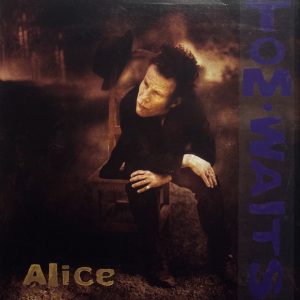
#2 Alice
from Alice, 2002
Waits wrote the music for the play Alice, about Lewis Carroll’s obsession with Alice Liddell, the inspiration for Alice in Wonderland. The play was first performed in 1992, but Waits’ album wasn’t released until a decade later, although bootlegs circulated for years after it was stolen from Waits’ car. Colin Stetson’s saxophone is pretty, emphasising the jazzy elements of Waits’ sound.
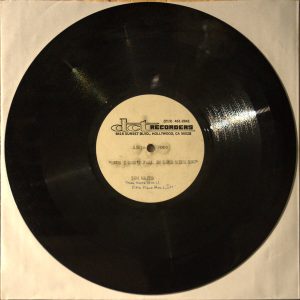
#1 I Hope I Don’t Fall In Love With You
from Closing Time, 1973
My favourite Waits song is atypical – it features neither piano nor junkyard noises, and his voice is youthfully intact. But it’s his prettiest tune and was his first single. Waits’ debut Closing Time is still one of his best records – fitting into the singer-songwriter sound of the time but also imbued with jazz and blues. This tune was later covered by 10,000 Maniacs and Hootie and the Blowfish.
Did I omit your favourite Waits tune? (I probably did, given the breadth of his discography).
Read more
24 Comments
Leave a Reply
About
Aphoristic Album Reviews is almost entirely written by one person. It features album reviews and blog posts across a growing spectrum of popular music.
Review Pages
Read about the discographies of musical acts from the 1960s to the present day. Browse this site's review archives or enjoy these random selections:
Blog Posts
I add new blog posts to this website every week. Browse the archives or enjoy these random selections:
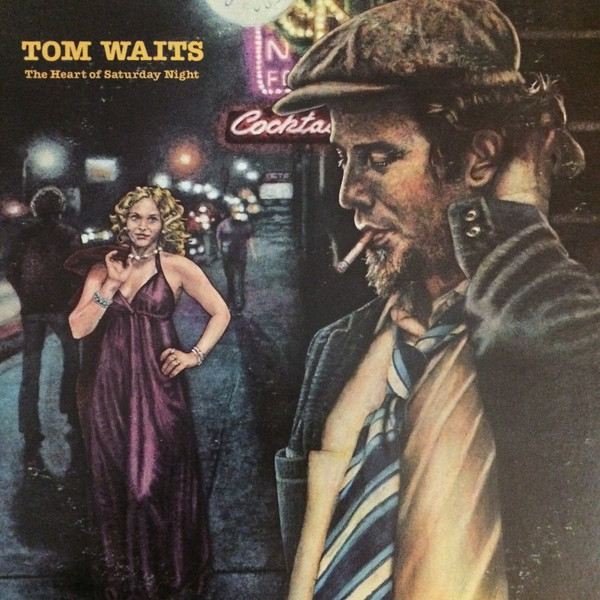
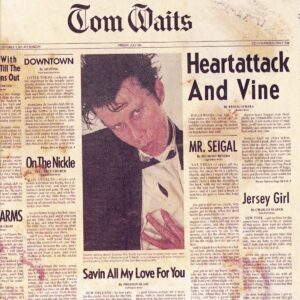
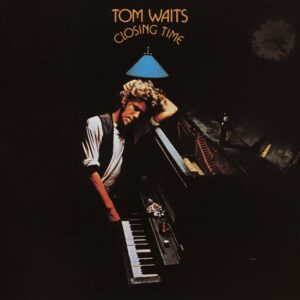
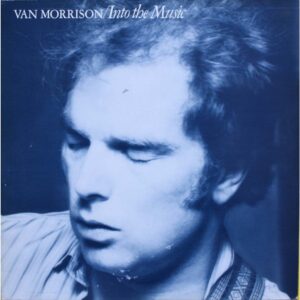
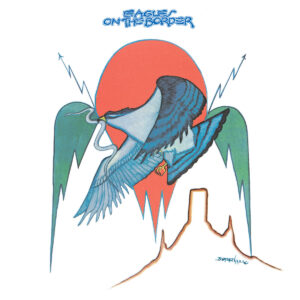

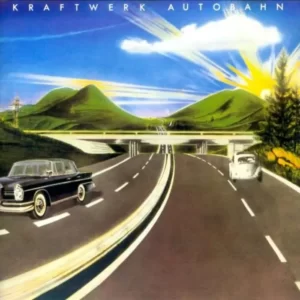
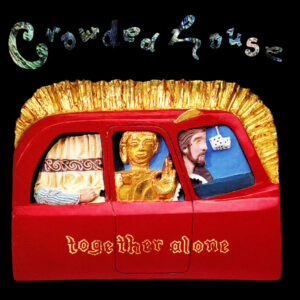


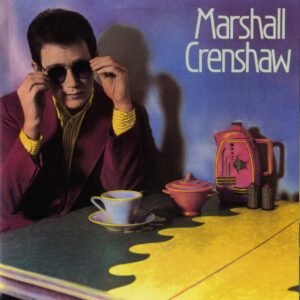

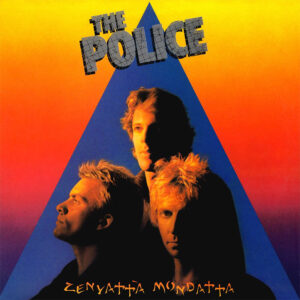

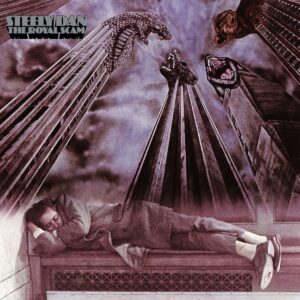
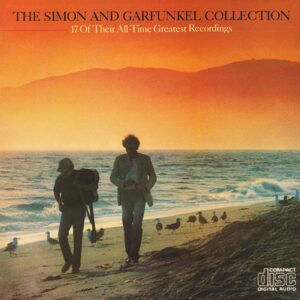
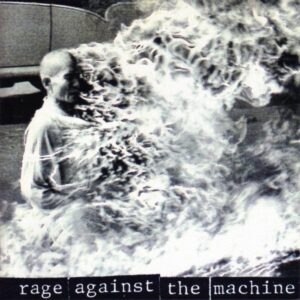




I could never really get into his singing so I never really listened to him that much. Except for I used to listen to Swordfishtrombones for a while. He’s one of those guys who when he sings his songs you can’t tell that they’re good songs, and you don’t know that they’re good until someone else sings them. That’s probably why I like stuff like Ol’ 55 and Downtown Train. Because I heard other people singing them before I heard him singing them. I especially love Shiver Me Timbers when Bette Midler did it on one of her albums way back in 1975 or something. And then later when I heard his version I liked that one too. I also like him in movies. What’s that one with Jack Nicholson and Meryl Streep and they all play alcoholics back during the depression or something. I really liked him in that one. And a couple other movies too.
With you on Tom Waits, Bobby. I like some of his stuff (sort of), but I’ve never really “got” him or his gruff voice. He just sounds like a drunken old waster to me. He is one of those artists worshipped by the bloggerati, like Tom Petty, Richard Thompson, Kate Bush and Talking Heads among others. It is seen as a marker of your good taste to say you like him. Me, I’d rather listen to T. Rex.
It’s like you anticipated today’s Talking Heads post! I think Bush, Talking Heads, and Waits are good at balancing some degree of mainstream appeal with some experimentation.
You could try the very early stuff – like Closing Time or Heart of Saturday Night (I think Shiver Me Timbers is from that one?). His voice isn’t as extreme there.
Unlike most artists…I know more of him in the later parts of his career. I never heard your number 1 song…that floored me! Great song and that voice…I like that voice.
I like his later voice also…I just never heard that far back. This is one artist I feel ashamed that I don’t know more about him because what I’ve heard…I’ve liked a lot. I will make him a priority.
His debut album Closing Time is really good – he has a whole schtick, but he has a lot of musical talent as well. I think he lost his way a bit in the late 1970s/early 1980s, but Swordfishtrombones from 1983 was an amazing comeback.
I do want to check his debut album out…I’ll do that this weekend…thanks
I’d rather listen to some of that later 70’s/early 80’s stuff than some of his mid-70’s work. I “get” why people dig Nighthawks, but it’s more about the between song patter than the actual songs. Small Change is probably the quintessential 70’s Waits album, but despite a few songs doesn’t do too much for me. That’s where his mawkish smaltziness comes into fore, continued into Foreign Affairs, which I really don’t care much for. He started to turn around on Blue Valentine, introducing electric guitar and piano for the first time, and he’s finally gotten over his fear of drums. There’s some great songs on there, like “Christmas Card from a Hooker in Mpls”, “Red Shoes by the Drugstore”, and “Romeo is Bleeding”. Heartattack and Vine is a true transitional album in every sense of the word, the ballads have Waits’ sentimentality turned up to 11, and the “rockers” point towards Swordfishtrombones, especially the title track. Some of those ballads are too schmaltzy for me, but when they work, like with “Jersey Girl” and especially “Ruby’s Arms” (a goodbye song to a lover that also works as a goodbye song to his 70’s persona), they work. (Incidentally “Red Shoes” and “Ruby’s Arms” are the only Asylum-era songs on his 1988 live album “Big Time”.)
I generally agree with this – Blue Valentine is very solid, and messes with my theory of Waits’ decline in the late 1970s/early 1980s. Foreign Affairs is a career low for my money, though, and Heartattack and Vine has some great ballads (especially the two you mentioned) but the rockers sound too clean and mainstream. He figured out how to sound messier on Swordfishtrombones.
I disagree about your assessment of the rockers on Heartattack being too clean/mainstream–the title track sounds pretty raw and primal and unlike AOR rock of 1980, same for Mr. Siegal. But I can’t really stand the other two ballads on the album–I can go a lifetime without hearing “Saving all my love” and “On the nickel” again.
Outrageous!! No Black Wings?!, no Nighthawk Postcards?!! I’m going to boycott your blog for at least 10 minutes over this!
I wasn’t really sure what album it was on but you’re right. Heart of Saturday Night. 1974.
There are like more than 100 great Tom Waits songs to choose from….
You could choose 10 from Bone Machine and you wouldn’t be far wrong – My 2nd or 3rd favourite LP ever.
What are first and second?
Ooh, now that’s a game! The first Ramones album changed my life, possibly followed by Powerage or Let It Bleed.
The fact that you were able to nail his discography down to 10 songs is amazing.
Among my favorites that were missed, in rough order.
1. Jersey Girl
2. Tango til They’re Sore
3. Ol 55
4. Christmas Card from a Hooker in Minneapolis
5. Martha
6. Small Change
7. Hold On
8. Heartattack and Vine
Special mention to Downtown Train and Always Keep a Diamond in your Mind, both known as covers rather than originals. I don’t actually know that he ever released a version of Diamond.
But really the entirety of his library is beautiful.
Thanks for writing in. I think any choices seem a little arbitrary in such a strong and voluminous catalogue. I imagine that a lot of people would have Jersey Girl and Christmas Card.
1) Kentucky Avenue
2) Kentucky Avenue
3) Kentucky Avenue
Sorry! I’m not quite as big on Blue Valentine as most fans – it’s one of the few Waits albums that I don’t own on CD.
Very solid list you have there. Thank you for the excellent Waits write as always.
Thank you!
For what it’s worth here is my top 10:
10. Jockey Full of Bourbon
9. Ol 55
8. Cemetery Polka
7. Black Wings
6. In the Neighbourhood
5. Till the Money Runs Out
4. Such a Scream
3. All Stripped Down
2. Walking Spanish
1. Goin Out West
Good list! Waits has so many great songs that it’s possible to have good lists with very little crossover.